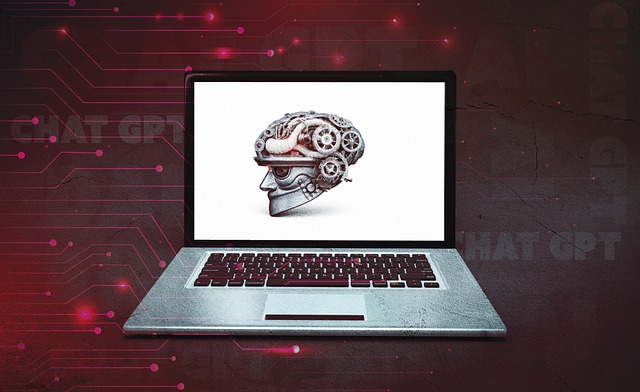Section 1: Understanding the Power of AI in Business
In today’s fast-paced and ever-evolving business landscape, companies are constantly seeking new and innovative ways to stay ahead of the competition. One technology that has been making waves in recent years is Artificial Intelligence (AI). AI refers to the development of intelligent machines that can perform tasks that typically require human intelligence, such as problem-solving, decision-making, and language processing. With its ability to analyze vast amounts of data and make predictions based on patterns and trends, AI has the potential to transform businesses in various industries. Let’s delve deeper into the ways in which AI is revolutionizing the business world.
Section 2: Streamlining Operations and Improving Efficiency
One of the most significant benefits of AI in business is its ability to streamline operations and improve efficiency. With the help of AI-powered automation, businesses can reduce the time and effort spent on repetitive and mundane tasks, allowing employees to focus on more critical and creative work. For instance, AI can be used to automate customer service through chatbots, which can handle simple customer queries and provide quick and accurate responses. This not only saves time and resources but also improves the overall customer experience. Additionally, AI can analyze data from various sources to identify patterns and make predictions, allowing businesses to make data-driven decisions and optimize their operations.
Moreover, AI can also help businesses improve their supply chain management. By analyzing data from multiple sources, such as supplier performance, market trends, and customer demand, AI can help businesses make more accurate forecasts and optimize their inventory levels. This can prevent overstocking or stock shortages, ultimately leading to cost savings and improved customer satisfaction. AI can also be used for predictive maintenance, where machines are equipped with sensors that collect data on their performance and alert businesses when maintenance is required, reducing the risk of unexpected breakdowns and downtime.
Section 3: Enhancing Customer Engagement and Personalization
In today’s digital age, customers expect personalized experiences from businesses. AI can help businesses meet these expectations by analyzing customer data and providing personalized recommendations and offers. For instance, AI-powered algorithms can analyze a customer’s purchase history, browsing behavior, and preferences to provide targeted product recommendations. This not only improves the customer experience but also increases the chances of making a sale.
Moreover, AI can also be used to improve customer engagement through personalized communication. By analyzing customer data, AI can identify the most effective communication channels for each customer, whether it’s email, social media, or text messaging. This allows businesses to tailor their communication strategy and deliver relevant and timely messages to their customers, increasing the chances of engagement and conversion.
Furthermore, AI can also assist businesses in understanding customer sentiment and feedback through sentiment analysis. By analyzing customer reviews, social media posts, and other forms of feedback, AI can provide businesses with valuable insights into their customers’ opinions and preferences. This can help businesses improve their products and services, ultimately leading to increased customer satisfaction and loyalty.
Section 4: Making Smarter Business Decisions
In addition to streamlining operations and improving customer engagement, AI can also help businesses make smarter decisions. With its ability to analyze vast amounts of data and identify patterns and trends, AI can provide businesses with valuable insights and predictions. For instance, AI can analyze market trends and consumer behavior to help businesses make informed decisions about product development, pricing, and marketing strategies. This can give businesses a competitive edge by allowing them to stay ahead of market trends and meet customer demands.
Moreover, AI can also assist businesses in risk management by identifying potential risks and providing recommendations to mitigate them. By analyzing data from various sources, such as financial records, market trends, and consumer behavior, AI can identify potential risks and alert businesses before they become significant issues. This can help businesses make proactive decisions to mitigate risks and protect their bottom line.
Conclusion
In conclusion, AI is transforming the business world in various ways, from streamlining operations and improving efficiency to enhancing customer engagement and making smarter decisions. Its ability to analyze vast amounts of data and make predictions based on patterns and trends has the potential to revolutionize businesses in all industries. As AI continues to evolve and become more accessible, it is essential for businesses to embrace this technology and harness its power to stay ahead of the competition and achieve long-term success.










